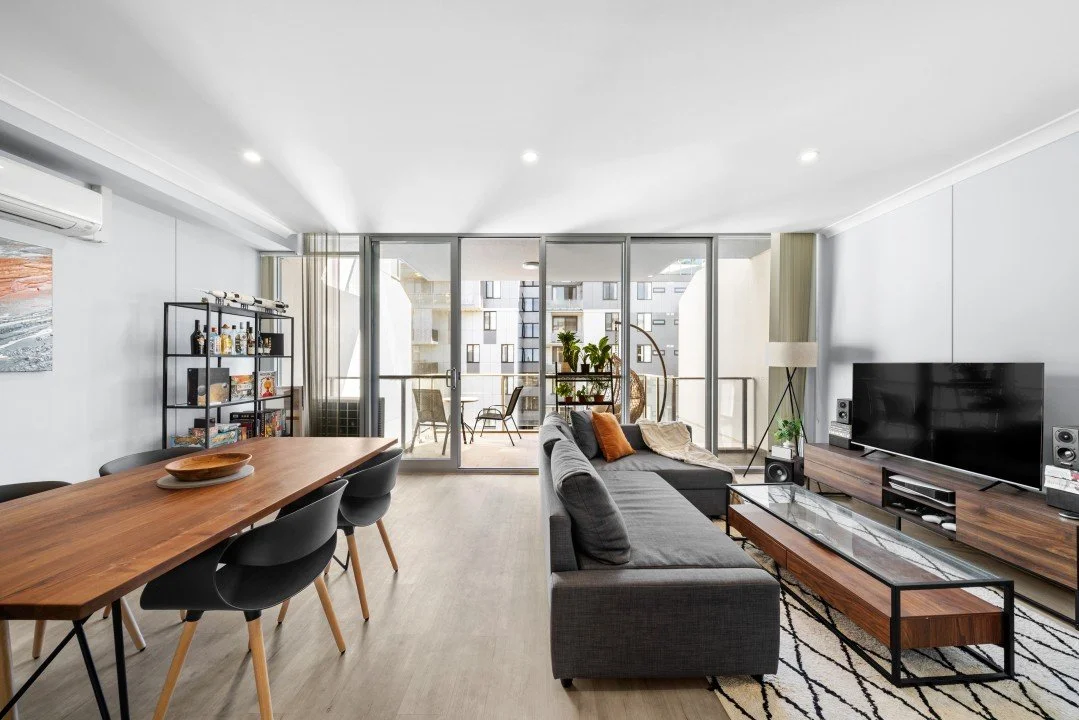What happens if rates go below zero?
/Even before the advent of COVID-19, Reserve Bank governor Philip Lowe told Federal Parliament’s Standing Committee on Economics that the RBA was prepared to do “unconventional things” to kick-start a flailing economy. The RBA cut rates to an unprecedented 0.25% in March this year. At its meeting this week it lowered its cash rate target to 0.1%. That is very close to zero - is it possible for rates to go negative?
Read More












Loanscape has today released its Borrowing Capacity Index for Q4/2024. It confirms the forecast trend that borrowing capacities of Australian individuals and families are recovering from their low levels which coincided with the last of the recent increases to borrowing rates initiated by the Reserve Bank of Australia.